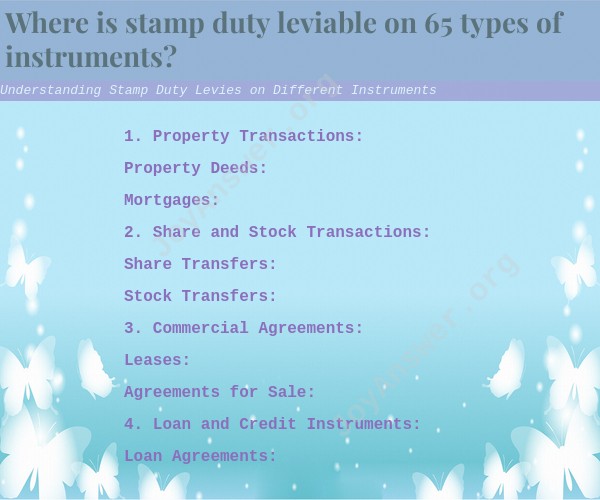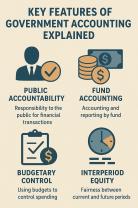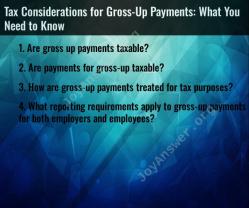Where is stamp duty leviable on 65 types of instruments?
Stamp duty is a tax imposed on various types of documents and transactions. It's a form of revenue for governments and is often levied on legal documents to make them legally effective. The specific instruments subject to stamp duty and the rates vary from jurisdiction to jurisdiction. Here's an overview of stamp duty levies on different instruments:
1. Property Transactions:
- Property Deeds: When transferring property ownership, such as land or real estate, a deed or conveyance document is often subject to stamp duty. The rate is typically based on the property's value.
- Mortgages: Loan agreements secured by property can also be subject to stamp duty.
2. Share and Stock Transactions:
- Share Transfers: Transferring shares in a company often attracts stamp duty, especially if the company is involved in property or has significant assets.
- Stock Transfers: Similar to share transfers, stamp duty may apply to the transfer of stock or securities.
3. Commercial Agreements:
- Leases: Commercial leases, particularly long-term leases, may be subject to stamp duty.
- Agreements for Sale: Agreements for the sale of goods, business assets, or other items can also attract stamp duty.
4. Loan and Credit Instruments:
- Loan Agreements: Some loan agreements, including personal loans and business loans, might be subject to stamp duty.
- Promissory Notes: These are written promises to pay a specific sum at a later date and can be subject to stamp duty.
5. Intellectual Property and Licensing:
- Intellectual Property Transfers: The transfer of intellectual property rights, such as patents or copyrights, may incur stamp duty.
- Licensing Agreements: Licensing agreements for the use of intellectual property may also attract stamp duty.
6. Insurance Policies:
- Insurance Policies: In some jurisdictions, insurance policies can be subject to stamp duty.
7. Powers of Attorney:
- Powers of Attorney: The creation or execution of powers of attorney, which grant someone authority to act on behalf of another, may be subject to stamp duty.
8. Bills of Exchange and Promissory Notes:
- Bills of Exchange: These are negotiable instruments used in trade and finance. Stamp duty might apply to bills of exchange.
- Promissory Notes: As mentioned earlier, promissory notes, which are similar to bills of exchange, can also be subject to stamp duty.
9. Declarations and Affidavits:
- Declarations: Legal declarations, statements, and affidavits can be subject to stamp duty.
10. Lease Agreements:
- Lease Agreements: In some jurisdictions, lease agreements for residential or commercial properties may attract stamp duty.
11. Marriage Licenses:
- Marriage Licenses: In some regions, marriage licenses are subject to stamp duty.
It's important to note that stamp duty rates, exemptions, and regulations can vary significantly between jurisdictions. Some jurisdictions might not impose stamp duty at all. When engaging in transactions that might be subject to stamp duty, it's crucial to consult local laws, regulations, and revenue authorities to determine the specific requirements and rates applicable in your area.













